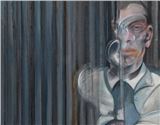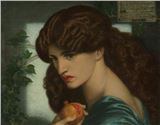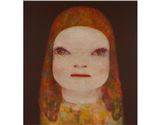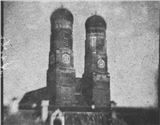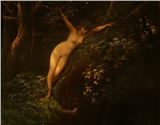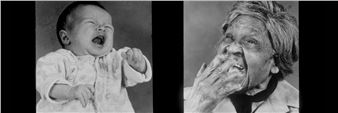Kara Walker: Harper's Pictorial History of the Civil War (Annotated)
Weisman Art Museum is proud to present the exhibition, Kara Walker: Harper’s Pictorial History of the Civil War (Annotated). Kara Walker, born in 1969, is one of the most intellectually provocative and creatively productive artists of her generation. Her groundbreaking work revisits archival material to challenge dominant narratives of American history, exploring race, gender, sexuality, violence, identity, and social justice. Throughout her work in installation, film, drawing, and printmaking, Walker calls up historical imagery and—through redrawing, adding, and complicating existing narratives—creates startling tableaus meant to prompt thought and reconsideration in her diverse audiences. A California-born, African-American woman who relocated with her family to Georgia as a young adult, Walker’s work delves deeply into the experience of being Black in the United States, exposing a rich cartography of perception, misperception, and devastating prejudice that is dynamically determined by place, time, and personal perspective. Her visceral artworks have garnered outstanding merit and spurred tremendous controversy from a variety of constituencies.
This exhibition, organized by the New Britain Museum of American Art and The Museum Box, presents Walker’s print portfolio, Harper’s Pictorial History of the Civil War (Annotated), 2005. This suite of fifteen large-scale prints considers experiences of racism and violence against African Americans that were absent or only alluded to in dominant historical representations of the Civil War. Shown with Walker’s series is a group of original Harper’s Weekly engravings of the Civil War by the New England-born and -based, nineteenth century American realist artist, Winslow Homer (1836-1910). While not all of Walker’s “annotated” works are addressed to Homer works, this pairing of Walker’s contemporary prints with examples of works from the Harper’s material that inspired her opens opportunities to consider distinction and connections between the two bodies of work.
Each print in the portfolio includes an enlargement of a woodcut plate from Harper’s Pictorial History of the Civil War, a two-volume compendium published in 1866 with the intention of narrating events of the war “just as they occurred,” according to the anthology’s editors. By overlaying silhouette figures, predominantly of African Americans, Walker visually disrupts the original woodcuts, forcing them to confront the people and historical events left out of the “official” record. In this way, Walker’s highly charged annotations prepare a space in which to reckon with the reality of racial oppression that persists in the United States today.
Weisman Art Museum is proud to present the exhibition, Kara Walker: Harper’s Pictorial History of the Civil War (Annotated). Kara Walker, born in 1969, is one of the most intellectually provocative and creatively productive artists of her generation. Her groundbreaking work revisits archival material to challenge dominant narratives of American history, exploring race, gender, sexuality, violence, identity, and social justice. Throughout her work in installation, film, drawing, and printmaking, Walker calls up historical imagery and—through redrawing, adding, and complicating existing narratives—creates startling tableaus meant to prompt thought and reconsideration in her diverse audiences. A California-born, African-American woman who relocated with her family to Georgia as a young adult, Walker’s work delves deeply into the experience of being Black in the United States, exposing a rich cartography of perception, misperception, and devastating prejudice that is dynamically determined by place, time, and personal perspective. Her visceral artworks have garnered outstanding merit and spurred tremendous controversy from a variety of constituencies.
This exhibition, organized by the New Britain Museum of American Art and The Museum Box, presents Walker’s print portfolio, Harper’s Pictorial History of the Civil War (Annotated), 2005. This suite of fifteen large-scale prints considers experiences of racism and violence against African Americans that were absent or only alluded to in dominant historical representations of the Civil War. Shown with Walker’s series is a group of original Harper’s Weekly engravings of the Civil War by the New England-born and -based, nineteenth century American realist artist, Winslow Homer (1836-1910). While not all of Walker’s “annotated” works are addressed to Homer works, this pairing of Walker’s contemporary prints with examples of works from the Harper’s material that inspired her opens opportunities to consider distinction and connections between the two bodies of work.
Each print in the portfolio includes an enlargement of a woodcut plate from Harper’s Pictorial History of the Civil War, a two-volume compendium published in 1866 with the intention of narrating events of the war “just as they occurred,” according to the anthology’s editors. By overlaying silhouette figures, predominantly of African Americans, Walker visually disrupts the original woodcuts, forcing them to confront the people and historical events left out of the “official” record. In this way, Walker’s highly charged annotations prepare a space in which to reckon with the reality of racial oppression that persists in the United States today.
Artists on show
Contact details


 ARTISTS
ARTISTS
